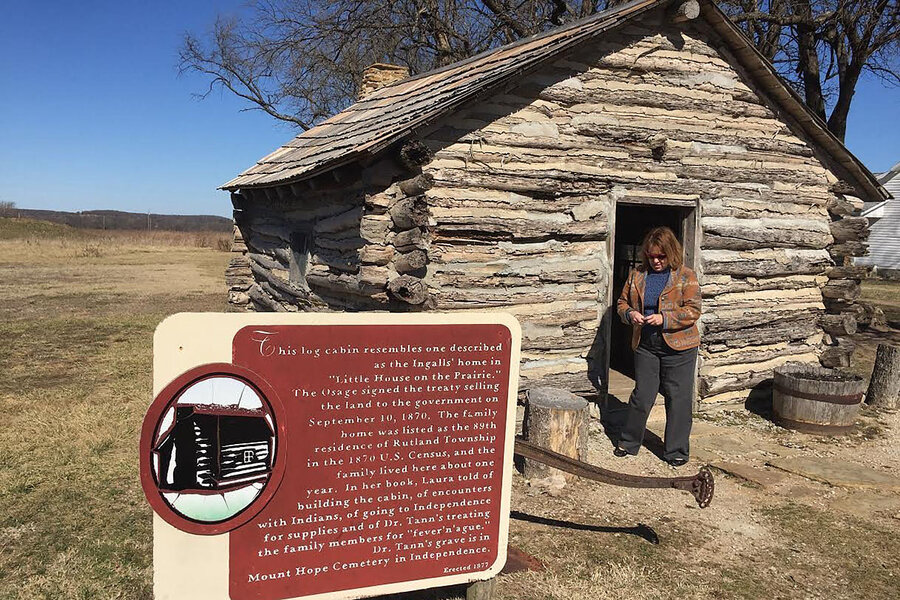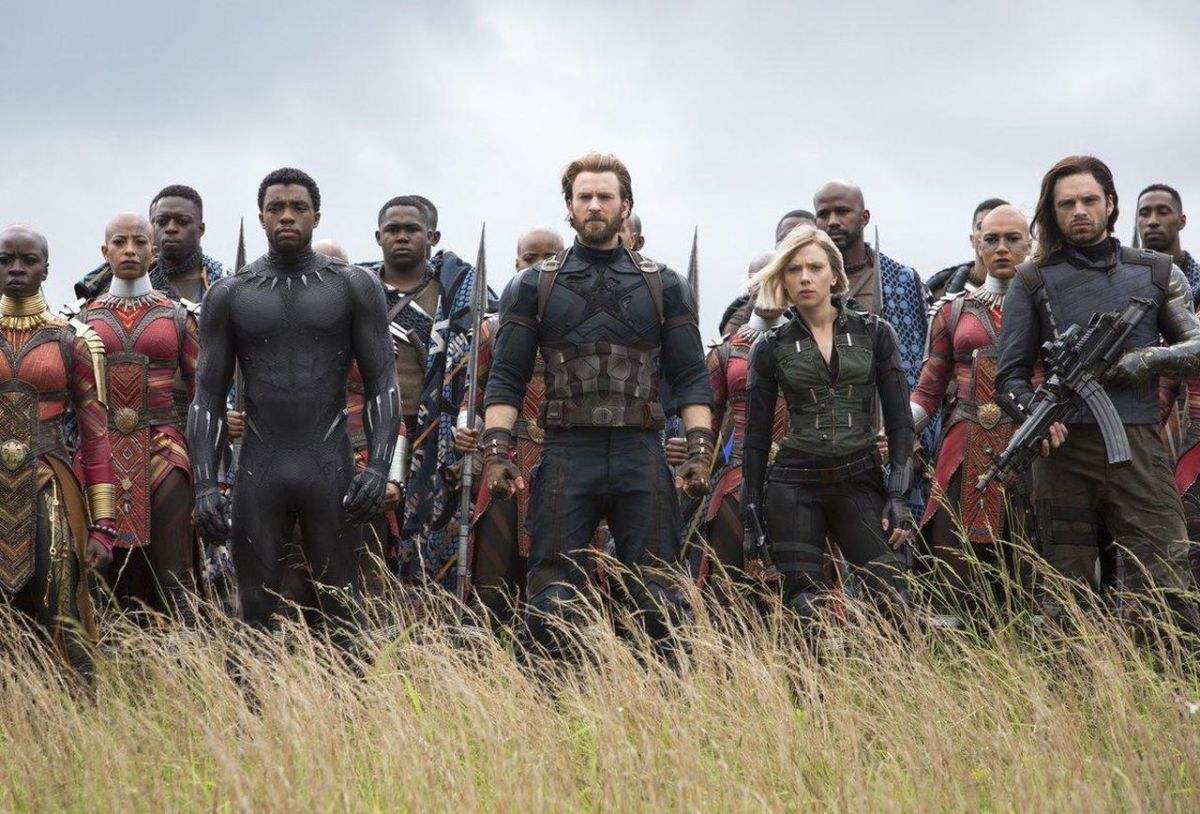
Over this ecstatic high summer, visitors to the Haworth parsonage museum will be able to watch a film that simulates the bird’s-eye view of Emily Brontë’s pet hawk, Nero, as he swoops over the moors to Top Withens, the ruined farmhouse that is the putative model for Wuthering Heights. You’ll be able to listen to the Unthanks, the quavery Northumbrian folk music sisters who have composed music in celebration of Emily’s 200th anniversary. If that’s not enough, you can watch a video installation by Lily Cole, the model-turned-actor-turned-Cambridge-double-first from Devon, which riffs on Heathcliff’s origins as a Liverpool foundling. Finally, Kate Bush, from Kent, has been busy on the moors unveiling a stone. In short, wherever you come from and whoever you are, you will find an Emily Brontë who is sufficiently formless yet endlessly adaptive to whatever you need her to be – a rock, a song, a bird in flight.
So begins Kathryn Hughes’ critical take on Wuthering Heights as we near Bronte’s 200th anniversary. You may read the rest of the essay at The Guardian here.




:focal(3005x2840:3006x2841)/https://public-media.smithsonianmag.com/filer/02/80/0280cf9d-8e41-4ee0-9049-b76600742151/le-petit-prince-sketch.jpg)
:focal(1462x751:1463x752)/https://public-media.smithsonianmag.com/filer/1a/61/1a612fa1-e3fd-461a-a8eb-603410b206c0/d90atm.jpg)







